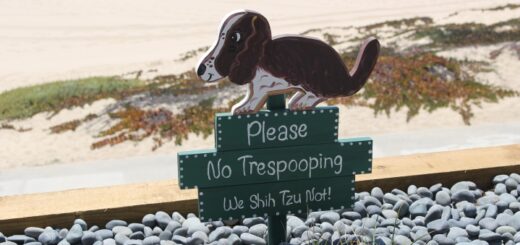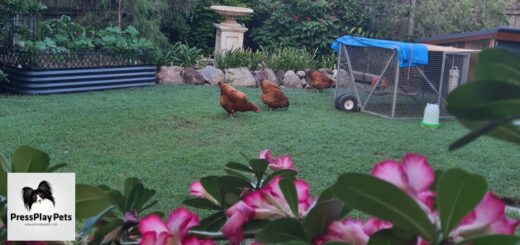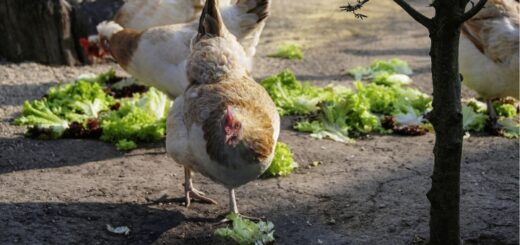Your dog might still be a puppy at heart, but if he’s no longer a spring chicken, it’s important to take extra care when looking after his health. Older dogs are susceptible to a host of health problems, many of which are preventable. Here’s how to help your faithful pooch get the most out of his senior years.
Keep your dog active
Many owners make the mistake of trying to protect their senior dogs by excessively reducing the amount of exercise they get. While older dogs don’t need as much exercise as they did when they were puppies, that certainly does not mean they shouldn’t still be enjoying regular physical activity.
Regular moderate exercise will keep your dog young and his body in good shape. Just take care to ensure he stays away from overly strenuous or violent activities. Low impact exercise such as swimming or walking at a relaxed pace will keep your older dog flexible and his mind sharp.
Do note, however, that you might want to give your dog a little help getting in and out of the car to protect his joints.
Maintain a healthy diet
It is quite obvious that senior dogs are less active than boisterous puppies. Their metabolisms are also slower, so they need fewer calories to help them power through the day.
As such, make sure you adjust your dog’s diet as he gets older, as piling on the pounds can place unnecessary stress on the body, including joints and internal organs.
Some people discover that their dogs’ appetites decrease as they age. If that’s cause for concern, serving up smaller and more frequent meals can help to stimulate his appetite.
If your dog is experiencing unexplained weight loss, have a word with your vet and discuss the possibility of putting him on a senior diet.
Take your dog for regular vet check ups
Your dog might have gotten away without visiting the vet regularly in his younger years, but as he gets older it’s advisable to schedule at least two vet visits a year. Dogs age much faster than humans, and even six months is a long time and can take a toll on canine bodies.
Your vet can carry out routine checks on your dog’s health and, depending on his individual circumstances, keep an eye out for likely or known issues. For instance, particular breeds are prone to experiencing certain types of health issues, and an expert will be able to pre-empt them before they turn serious. Your vet can also recommend a suitable diet, exercise regime and medication, all tailored to your dog’s individual circumstances.
If you’re worried about the cost of vet visits, it’s a good idea to purchase a dog insurance policy, which can help to defray some of the extra costs that you might have to shoulder when looking after a senior dog.
Author Bio: Cain Richards is an amateur blogger and mad about dogs of all kinds. In his day job as a Marketing Coordinator for Petplan Australia, he loves talking about anything pet related.
Pressplay Pets a blog for the modern age pet parent interested in health & care, news, reviews & personal accounts of unconditional love & at times heartfelt pain of pet parenting!
Follow Us!






My 13 year working cocker was starting to show his age and a local holistic vet recommend adding Chicory to his diet along with a few other herbs and vegetables.Six into the his new diet and his energy levels lifted.
Chicory stimulates ‘friendly’ organisms in the gut that are said to ward of certain diseases and have a markedly positive effect on the overall immune system.